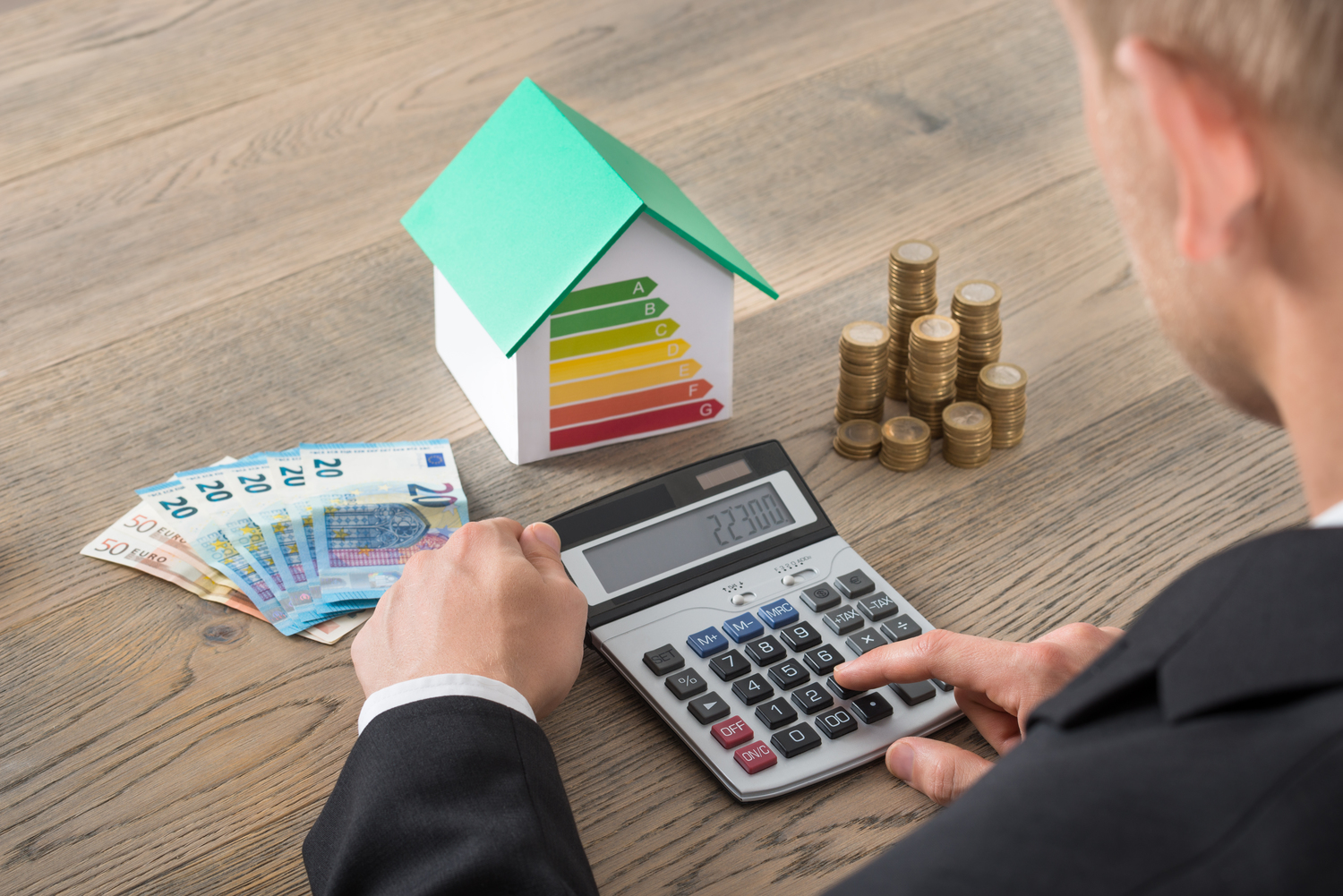
5 Factors That May Increase Property Tax
Property tax, or real estate tax, is the amount of money paid annually, by the owner, to a local government or entity that has jurisdiction over a property. Property tax is a type of real estate ad-valorem tax, or regressive tax that is based on the value of the owned property (including the home and land). Property taxes can be very high, and it is essential to consider them in your decision-making process before purchasing a new home or property.
Since annual property taxes are calculated based on factors such as where the property is located, neighborhood popularity, and the worth of the home, certain factors may increase a property’s value and the cost of annual property taxes, such as:
1. Changes to your neighborhood
Your property value is most likely based on what comparable homes are selling for in your community. As the economic boom drives prices up in many urban neighborhoods, an influx of new residents can often mean that your property taxes will go up as well. For example, if your neighborhood is suddenly deemed a “hot place to live,” you can expect properties to increase in value and property taxes to also increase.
2. State and local budgeting
Depending on the area in which you live, property taxes can increase depending on the services provided by your state, county, municipality, school district, or local government (i.e., popularity of school districts, waste removal, etc.). While there is a cap on how local governments can raise property taxes yearly, this can still affect your yearly property tax bill. For example, in 2021 the state of New Jersey had the highest property taxes in America, at an astronomical 2.21%
3. Supplemental taxes
In addition to paying annual property taxes, many U.S. states also charge supplemental taxes on certain properties, which work like a “catch up” bill. These supplemental taxes are typically levied on specific properties and based on their assessed value between owners. For example, in the state of California, when a property changes owners, the property value is reassessed and it’s the supplemental taxes that cover the difference between the previously assessed value and the newly assessed value on the home. when you purchased the home.
4. Home improvements
The value of your home is a significant factor in calculating the annual property tax bill, but it’s not the only factor. The property tax assessor also considers the value of any additions or renovations made to your home over the past year. This means certain home improvements (i.e., additional floors, room additions, building a new garage or outbuilding, etc.) can mean an increase in your property taxes. After any home improvements are made, a homeowner will typically apply for a certified appraisal to confirm the value increase
5. Moving to a new city or state
Moving to a new city or state can be a considerable change, especially if you’ve lived in one for years. It can also affect the cost of property in your new city as well as the property tax you will pay on any properties you purchase. Before making a move, talk to a real estate tax advisor or
real estate tax CPA about the cost of property taxes in the area so you know exactly what you’ll be paying annually.



